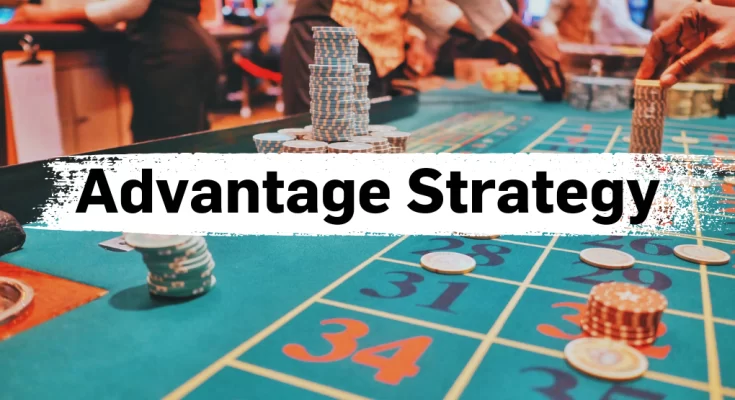The house edge is the mathematical advantage that casinos enjoy over their players, which ensures they will win more money than they give back out in returns, which ensures long-term profitability of operations.
Understanding House Edge and Return to Player (RTP) are critical components of operating an iGaming business. Doing so allows them to hone their game portfolio with titles with low, medium, or high House Edge that appeal to different player preferences and risk tolerance levels.
Games of chance
No matter the casino game, luck always plays an integral part. But an unseen force at work in online gaming determines odds and affects winnings/losses: the house edge.
While casinos must make profits to stay open and continue operations, their mathematical edge isn’t intended as a cheat for player losses; rather, casinos need the profit they generate to cover operating costs and profit from player losses as part of their business model.
Understanding the house edge will enable you to make smart choices and increase your odds of walking away with a profit. While it is impossible to entirely remove it from the game, you can minimize its effect by selecting suitable games and practicing discipline – this way giving yourself more chances at enjoying yourself while at the casino!
Betting options
House Edge is an essential concept to grasp for both players and casino operators. It defines the percentage of total wagers which the ‘house’ expects to retain as profit over time, and this figure can assist operators with designing engaging games while still meeting sustainable profit margins.
Every casino game has a set probability of winning that is determined by both its rules and physical properties such as the layout of numbers on a roulette wheel. These odds form part of what’s known as House Edge; expressed in percentage terms it varies from game to game and makes it simple to compare betting options and select those with lower House Edge, increasing chances of victory while decreasing losses. Note that House Edge should not be confused with Return to Player (RTP), which measures how likely games are to pay out in full.
Limits on bets
When gambling at a casino, knowing the house edge is of critical importance. This percentage represents how much the casino expects to make on average from all bets received over time. Depending on which game is being played, the house edge could range anywhere between 5% to 40%; knowing this number can help guide decisions regarding games to play and types of bets to place; setting limits can help avoid chase losses!
House Edge knowledge is crucial in online gambling, as it has an immediate influence on odds and chances of winning bets or games. While some may consider the House Edge unfair, all players must respect its mathematical reality and maintain responsible gaming operations that strive to keep it at an acceptable level that balances profitability with fairness for players – creating a sustainable business model and cultivating long-term engagement and customer retention.
Taxes on winnings
As casinos are businesses, their main goal is to generate profit. To do this, they enact various safeguards designed to guarantee they always outscore players in terms of profitability – these advantages are known as house edge.
While it is impossible to completely negate the house edge, savvy players can leverage their understanding of it to improve their long-term success. By prioritising games with lower House Edges they can shift odds more in their favour and increase long-term success.
Another key concept is House Edge and RTP (Return to Player), the latter measuring the average percentage of bet amount that gambling service providers hope to retain as profit on average.
Operators need to understand the differences between these concepts in order to make sound financial decisions and players need to comprehend these distinctions to manage expectations and avoid disappointment.




